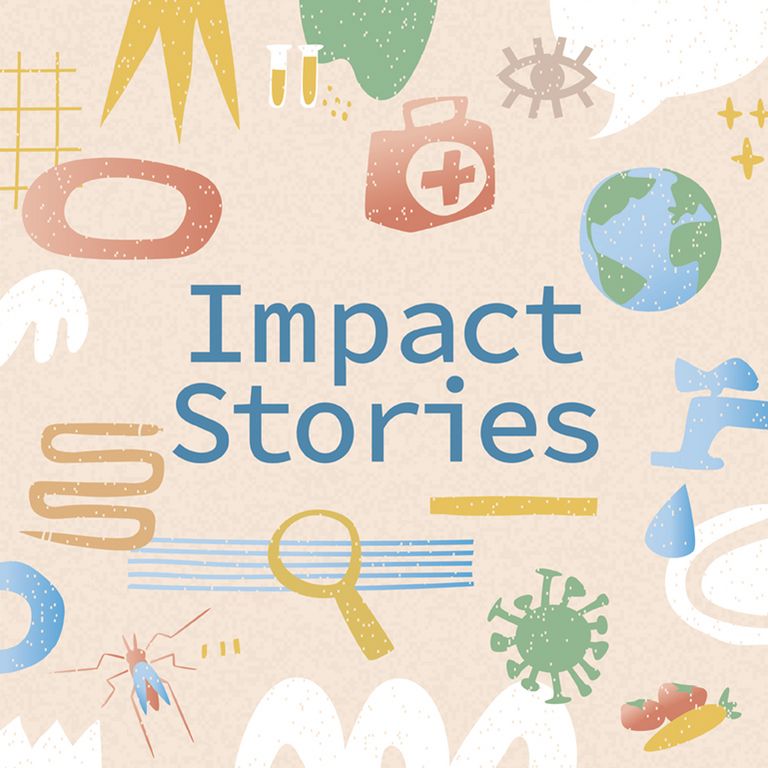

Schistosomiasis continues to pose a serious health risk to communities on Pemba Island and across many other parts of the world. A new documentary produced by Swiss TPH and PHL-IdC provides an insight into the ongoing battle to eliminate this parasitic worm infection, featuring scientific research, interventions, and stories of those affected.
In the documentary, Fatma, a resident of Pemba, shares her first-hand experience of this parasitic disease: “I have suffered from schistosomiasis in 2023, experiencing symptoms such as painful urination, discoloured urine, stomach pains, and general body soreness.” Her story highlights the personal toll of the disease, underscoring the continued need for action.
Two decades of progress
For almost 15 years, Swiss TPH, in partnership with the PHL-IdC in Pemba, the Zanzibar Ministry of Health and other partners, has conducted research and implemented interventions aimed at eliminating schistosomiasis in Pemba. The results have been remarkable – schistosomiasis prevalence has dropped significantly to around 1%, and the island is now on the last mile towards elimination.
The new documentary brings these efforts to life, highlighting not just the scientific breakthroughs and interventions implemented but also the critical role that community engagement has played in these achievements. It tells the story of how listening to local needs and involving the population in the fight against schistosomiasis has been key to success. A great example is one of our latest tools: a community-centred film made in collaboration with local residents.
Community-centred health communication
Over the past few years, I had the privilege of working with Swiss TPH in Pemba while pursuing my PhD studies. As part of our efforts to fight schistosomiasis on the island, the community and local researchers expressed a need to better communicate health information. In response, we co-produced a film with the PHL-IdC in Pemba that tells the story of Shukuru, a young boy who has schistosomiasis, and his classmates as they learn about the risks of the disease and how to prevent it. The film was created for the community, based on ideas of the community.
The creation of the film was a clear example for me of how sharing knowledge and collaboration between different parties can lead to something truly impactful. Together with Said Mohammed Ali from the PHL-IdC in Pemba, I was co-leading the project for the film and I saw first-hand how community involvement can shape the way we communicate science. This was not about us simply delivering information; it was about working with the population of Pemba to create a resource that meets their needs. The film reflects a shared commitment to health communication and prevention, demonstrating the power of collaboration.
While I believe we have contributed to a healthier Pemba and expanded knowledge about schistosomiasis, it is Pemba that has taught me invaluable lessons and broadened my perspective. I invite you to watch these films and see how Pemba's fight against schistosomiasis is making an impact. Together, we are getting closer to the goal of eliminating this disease in Zanzibar once and for all.